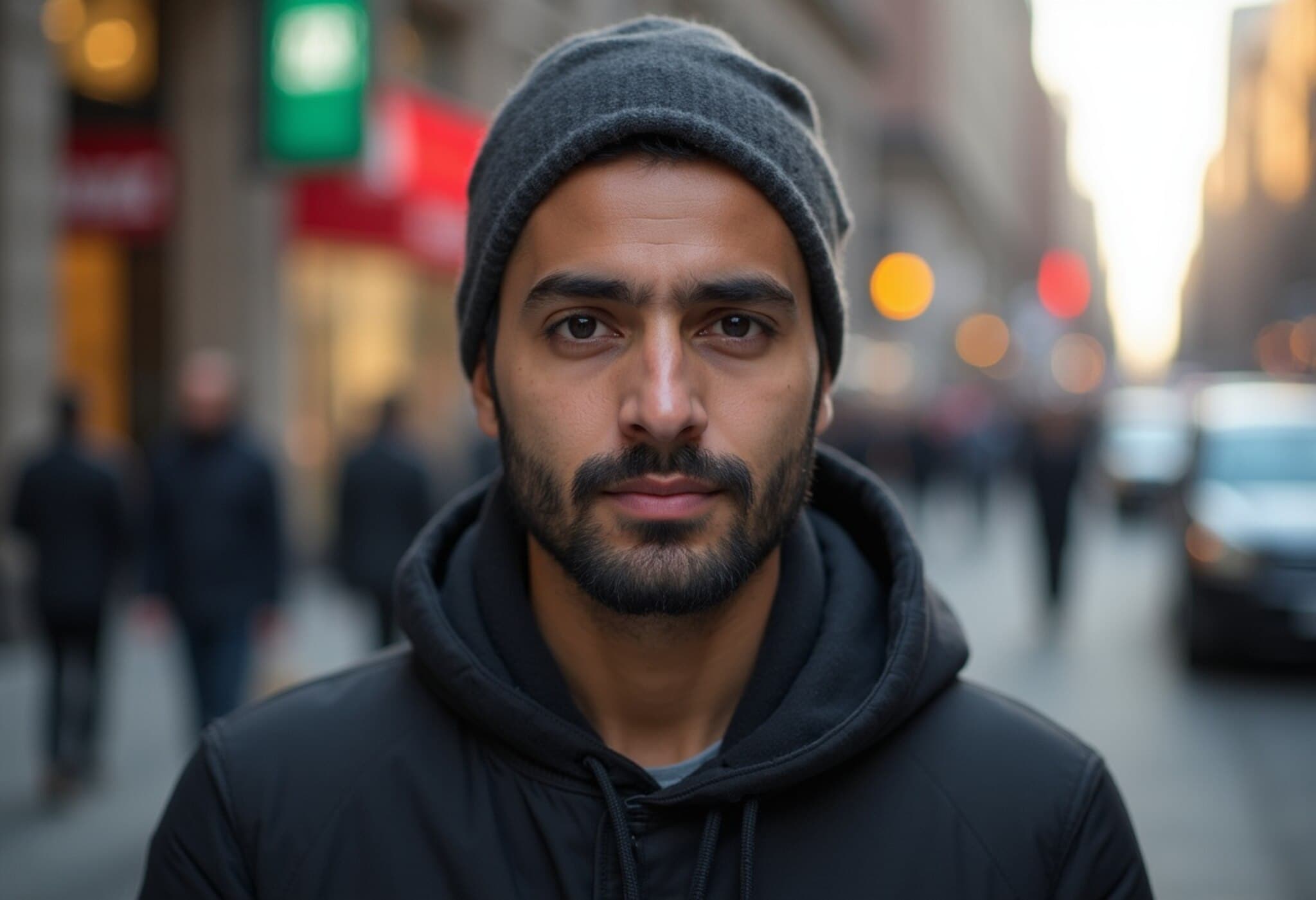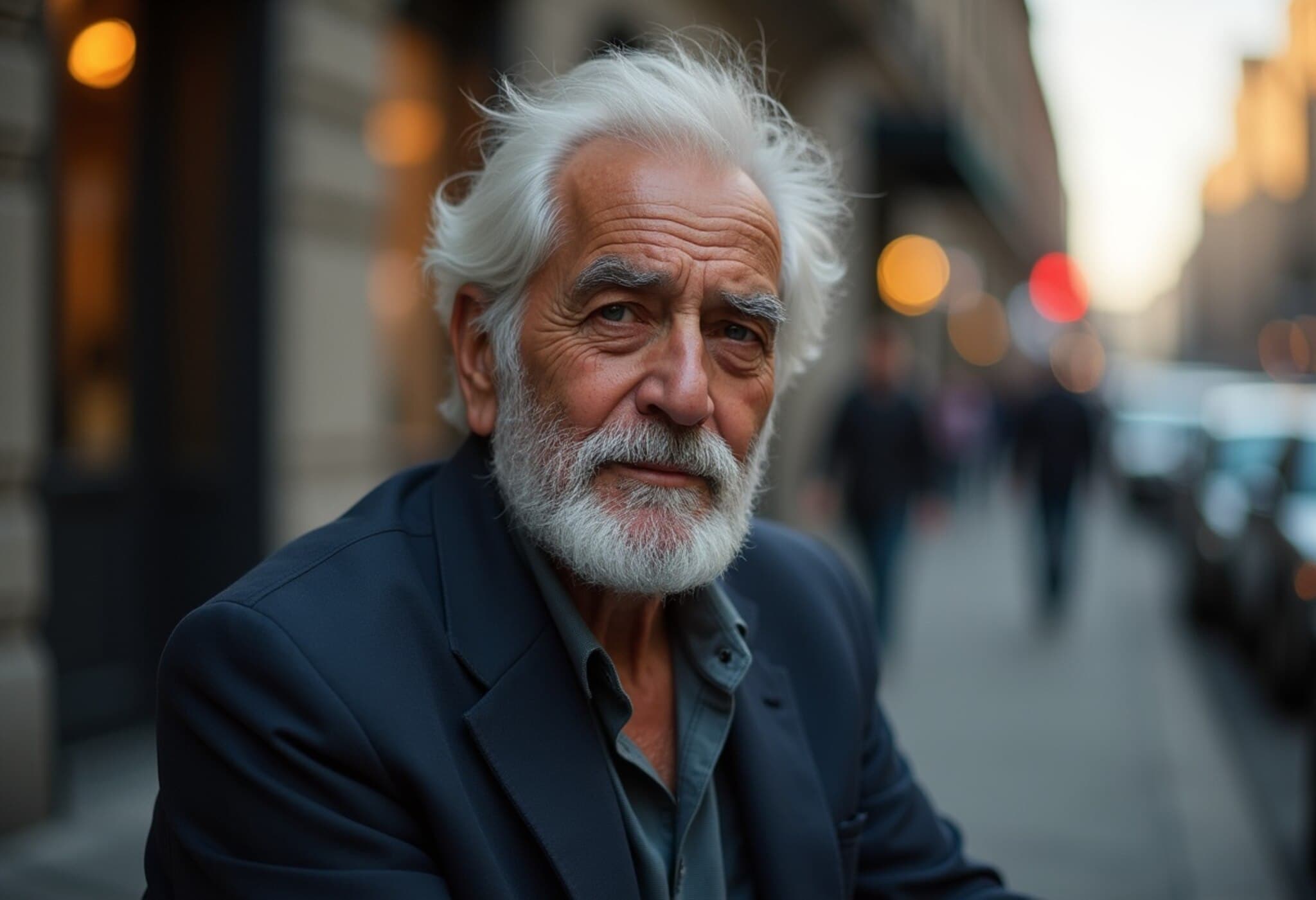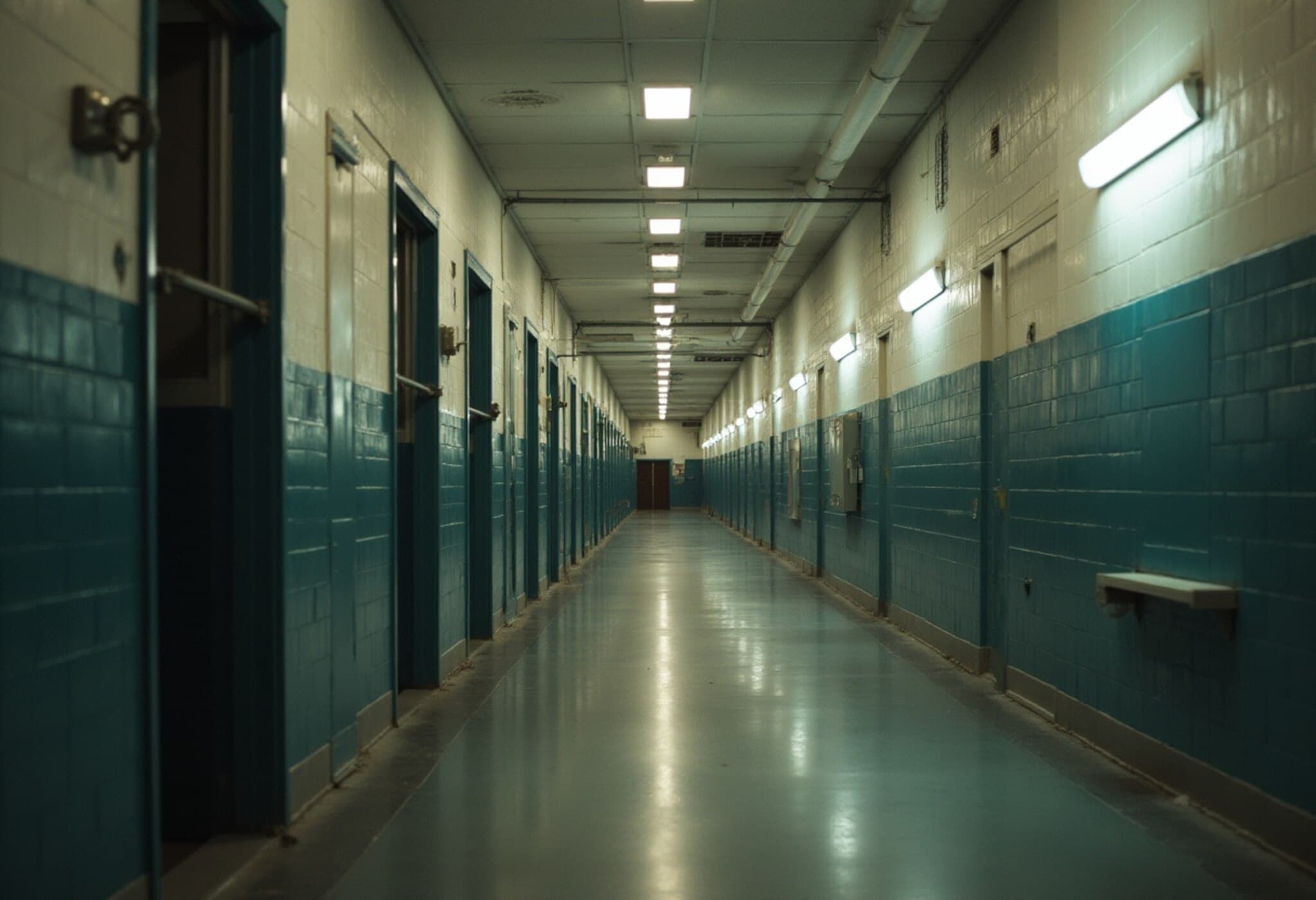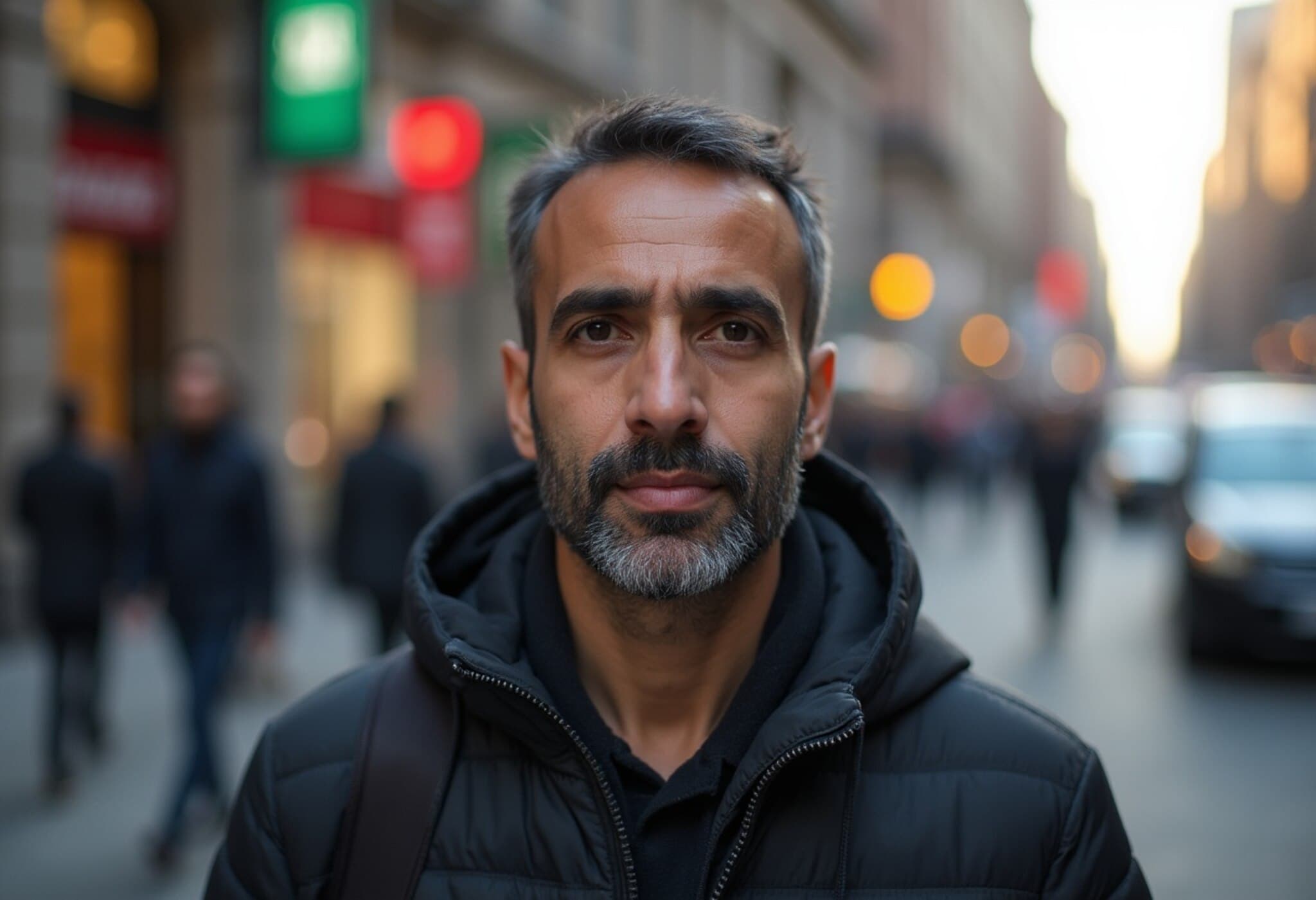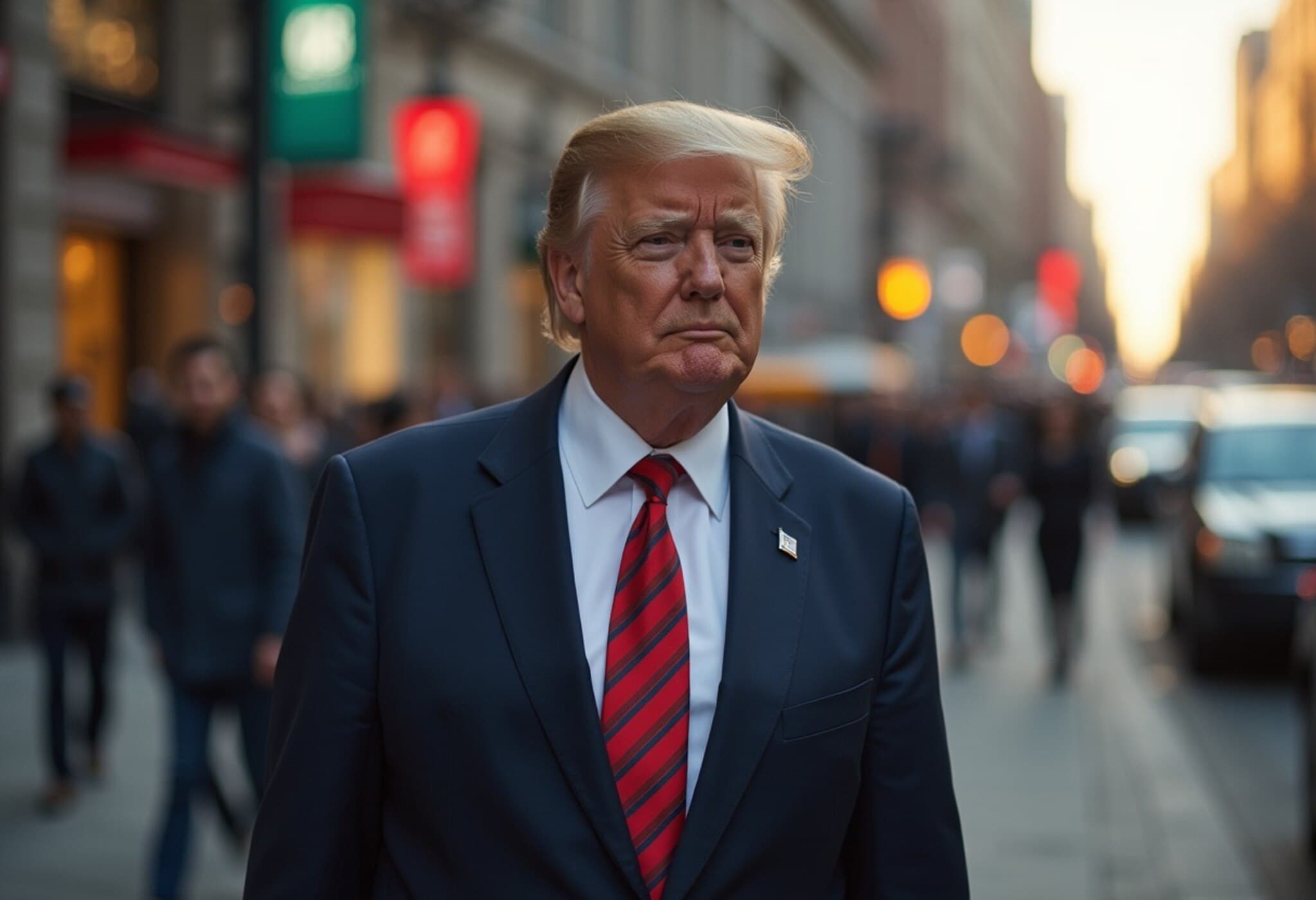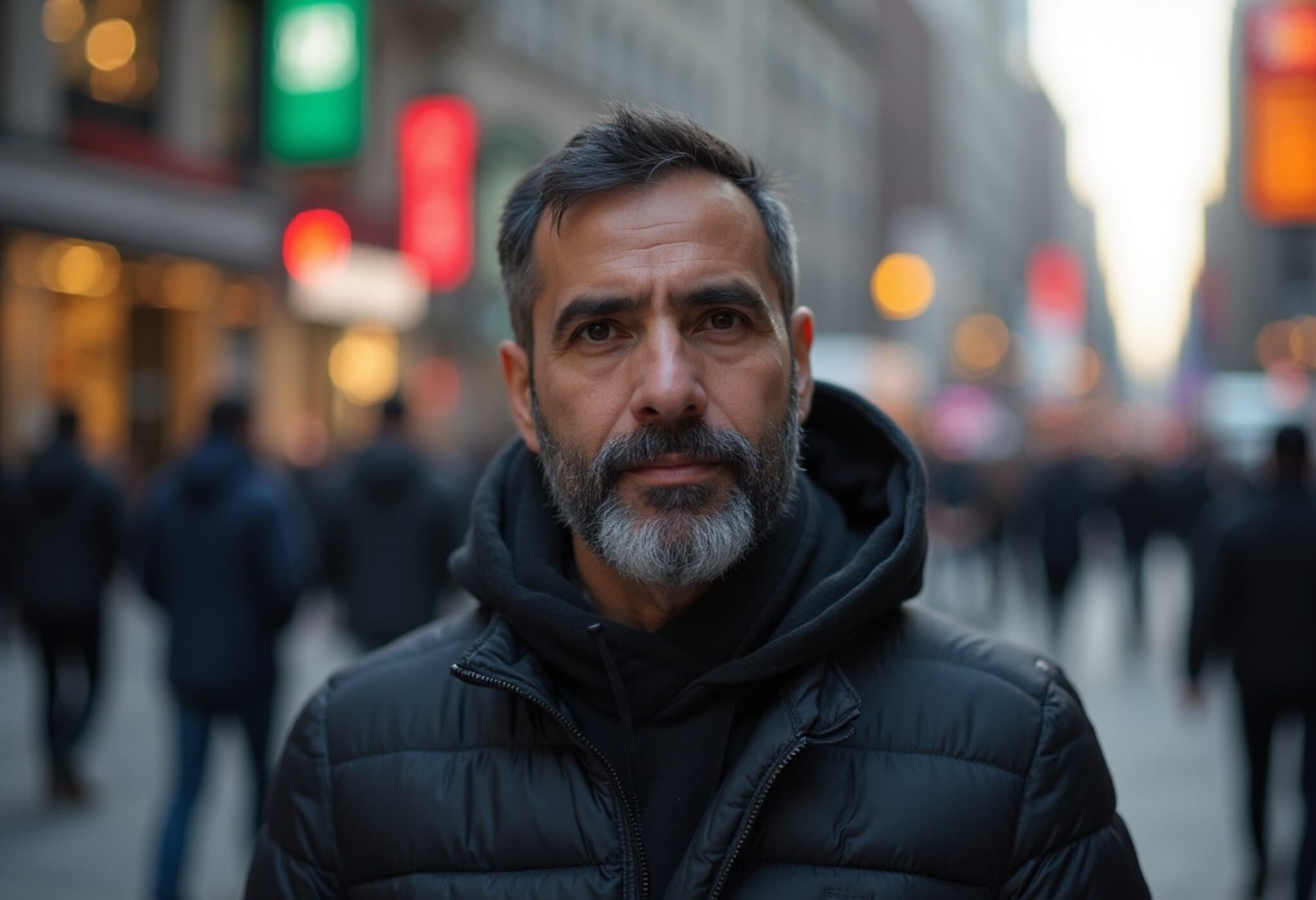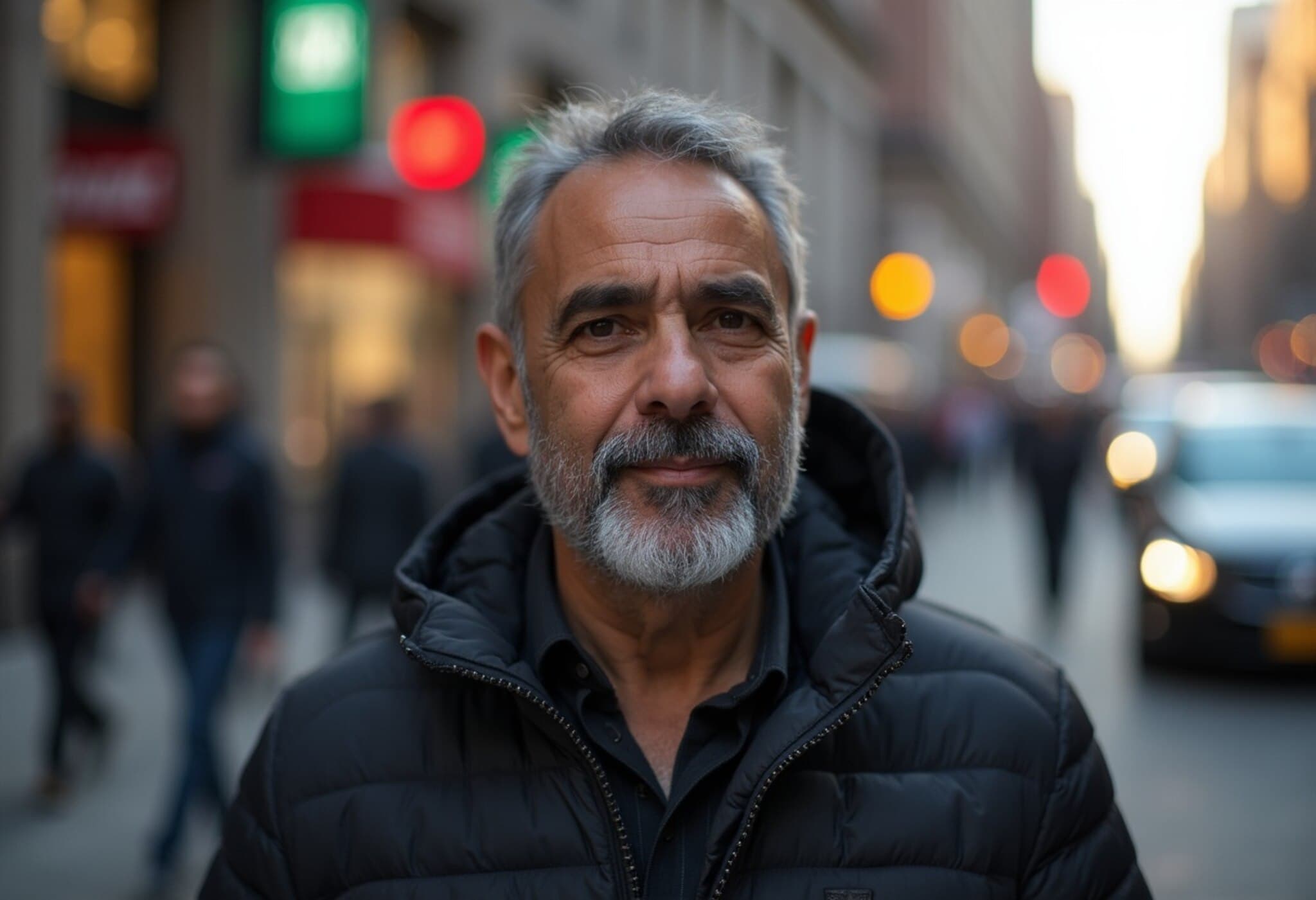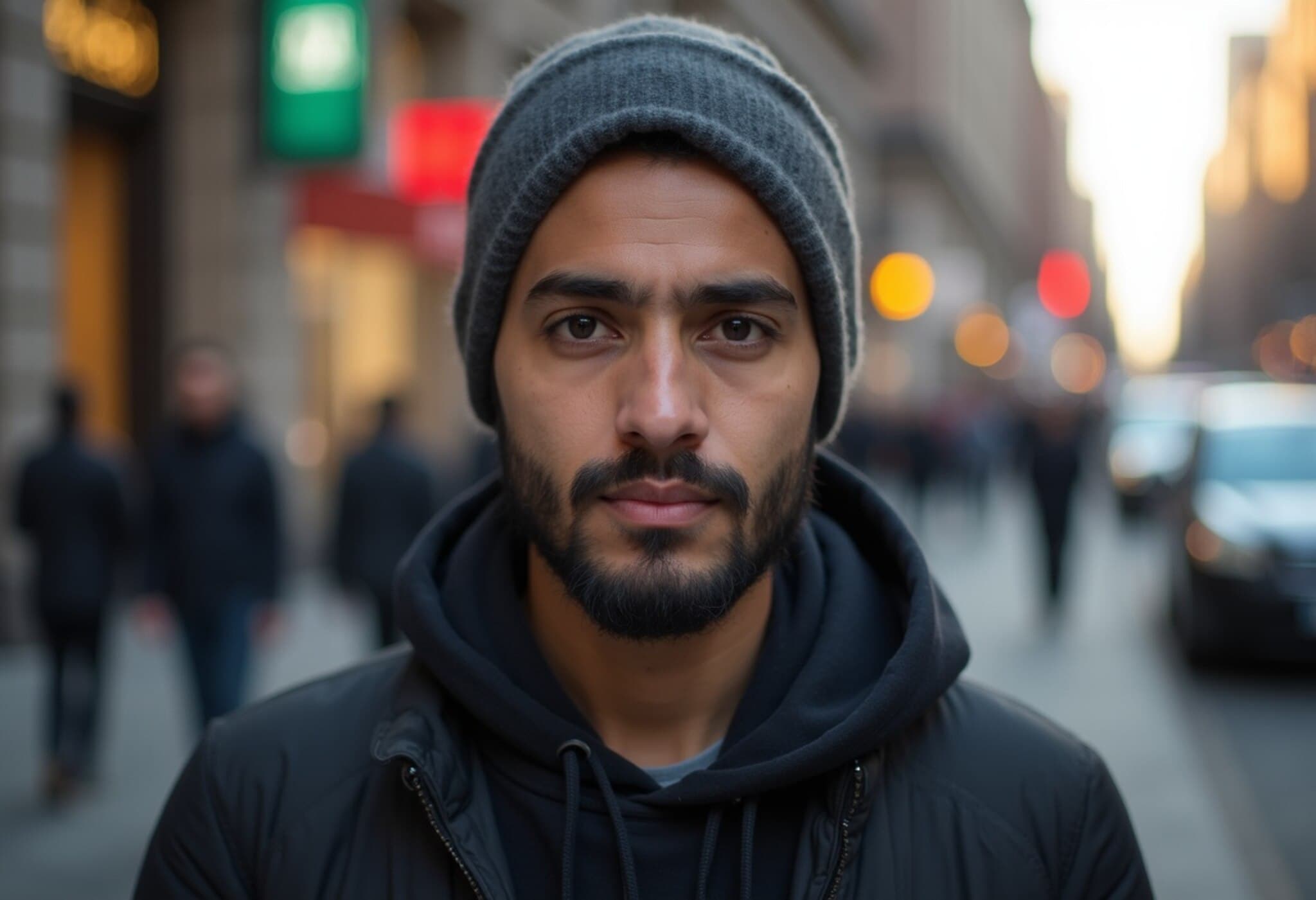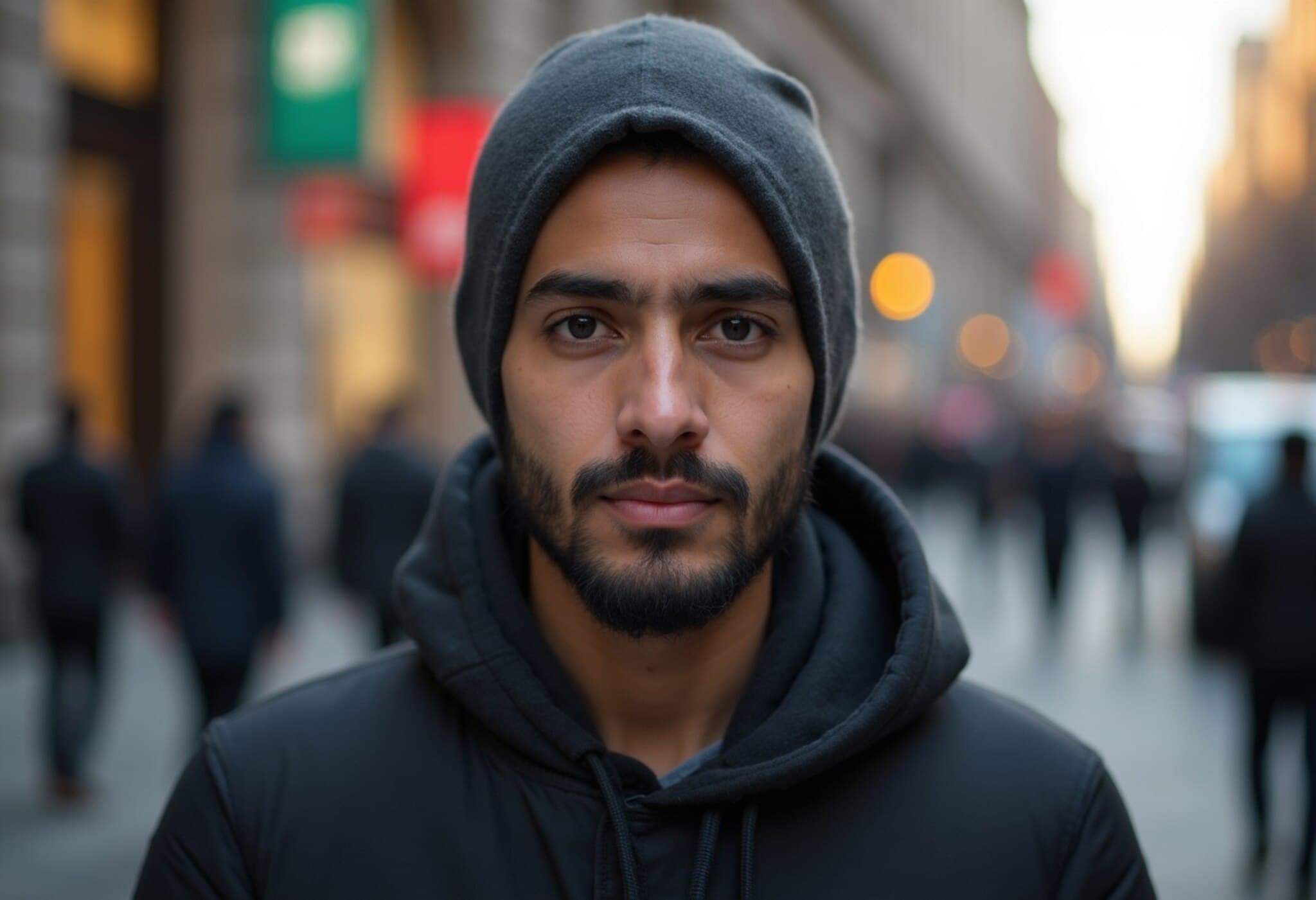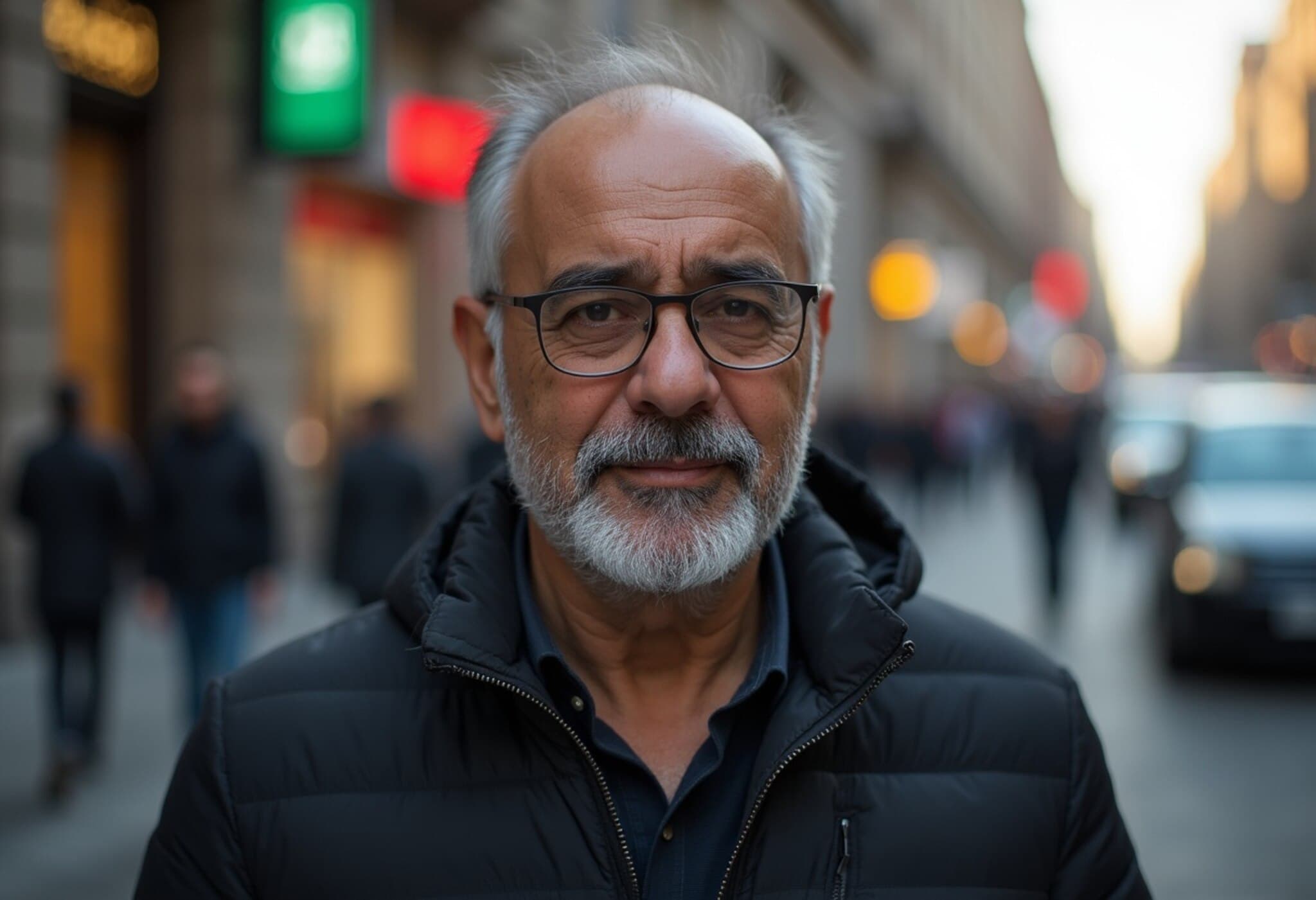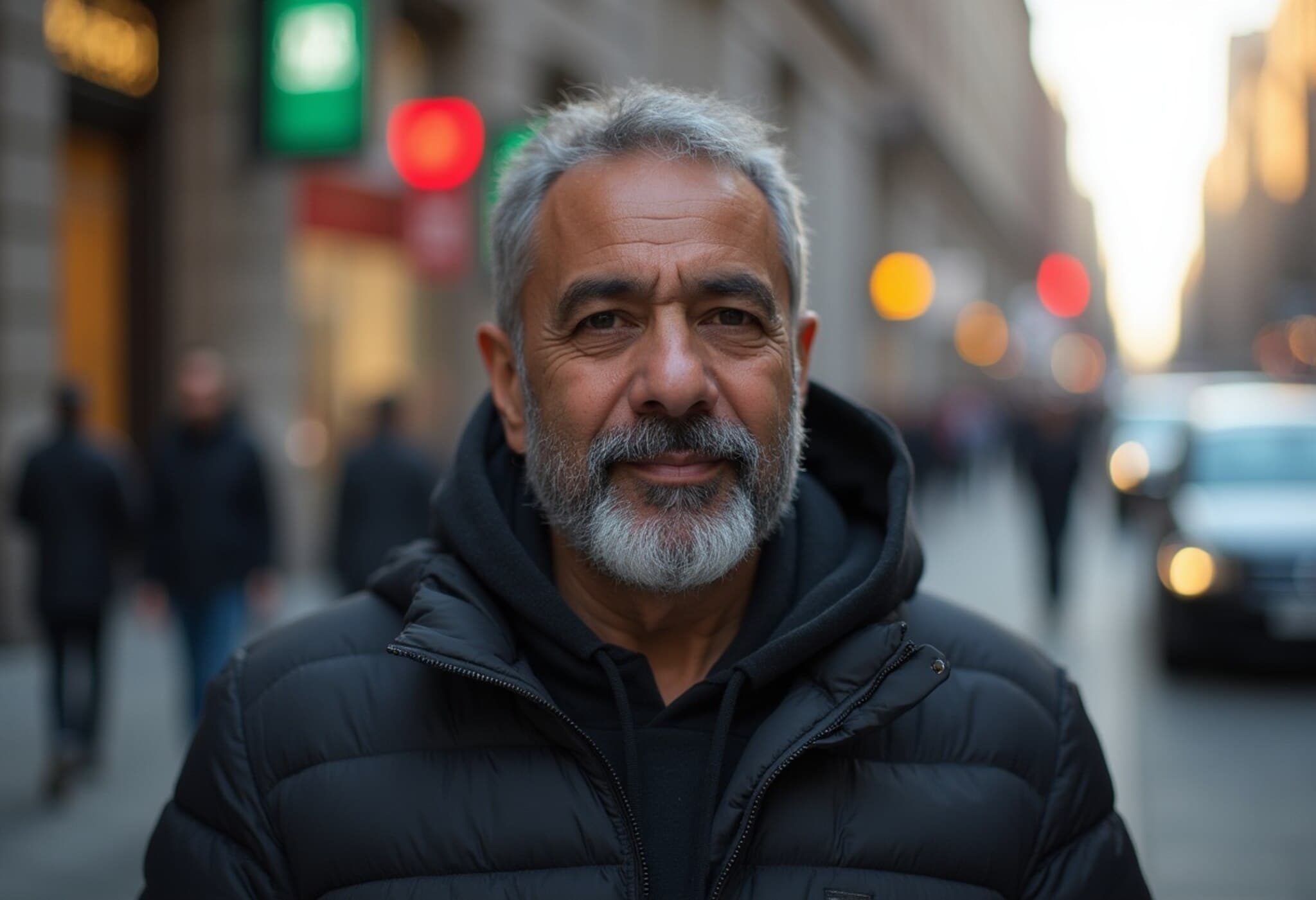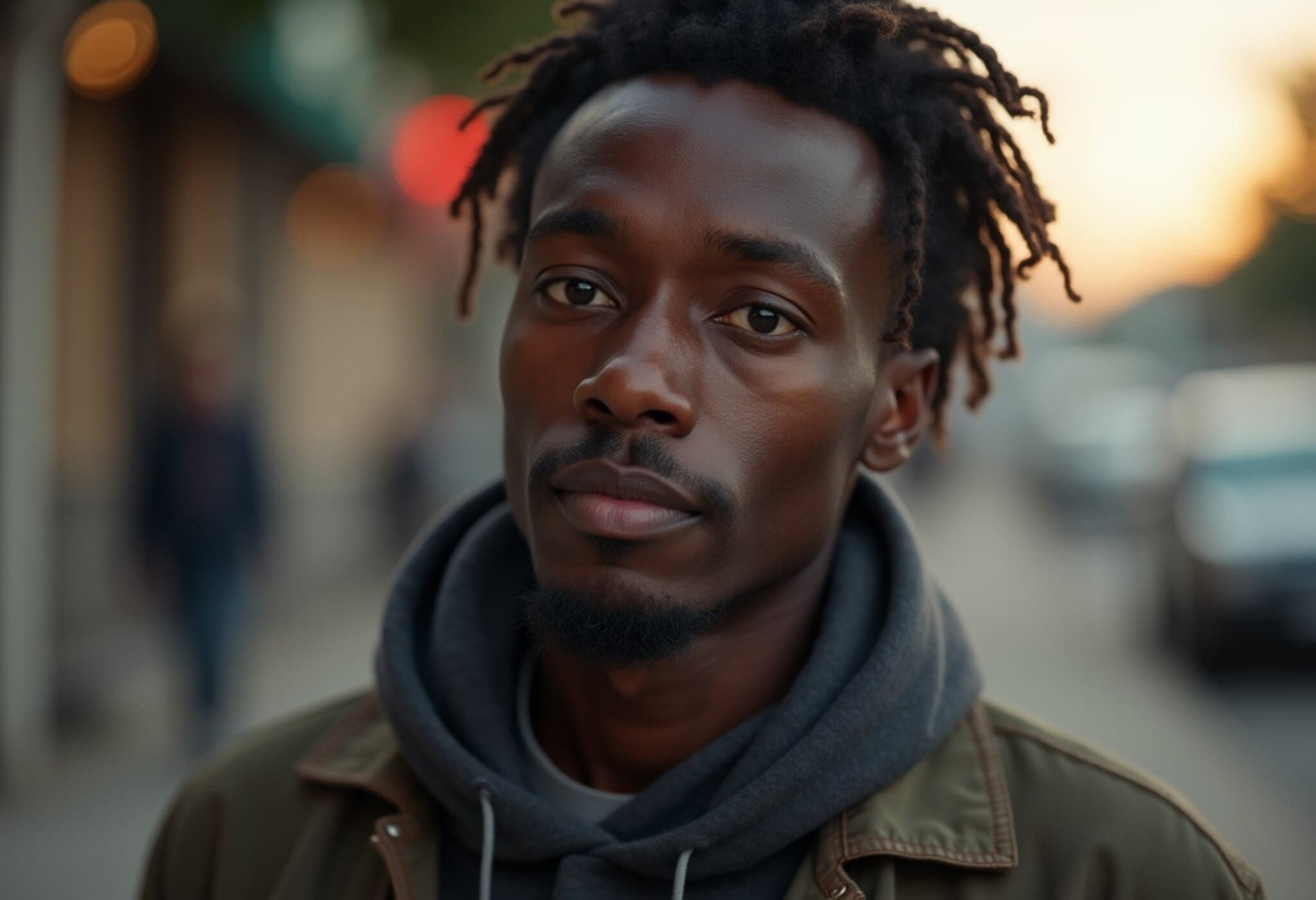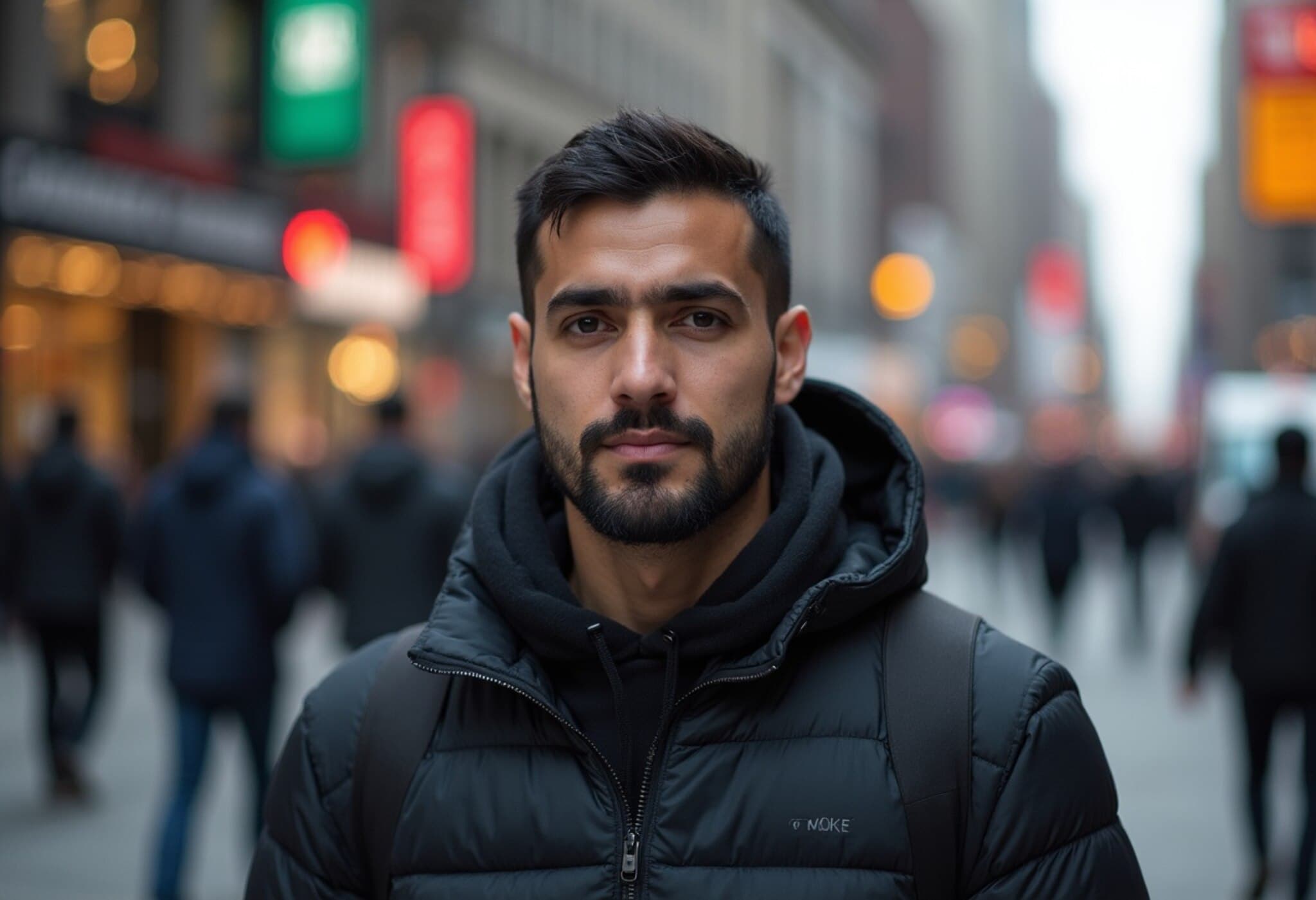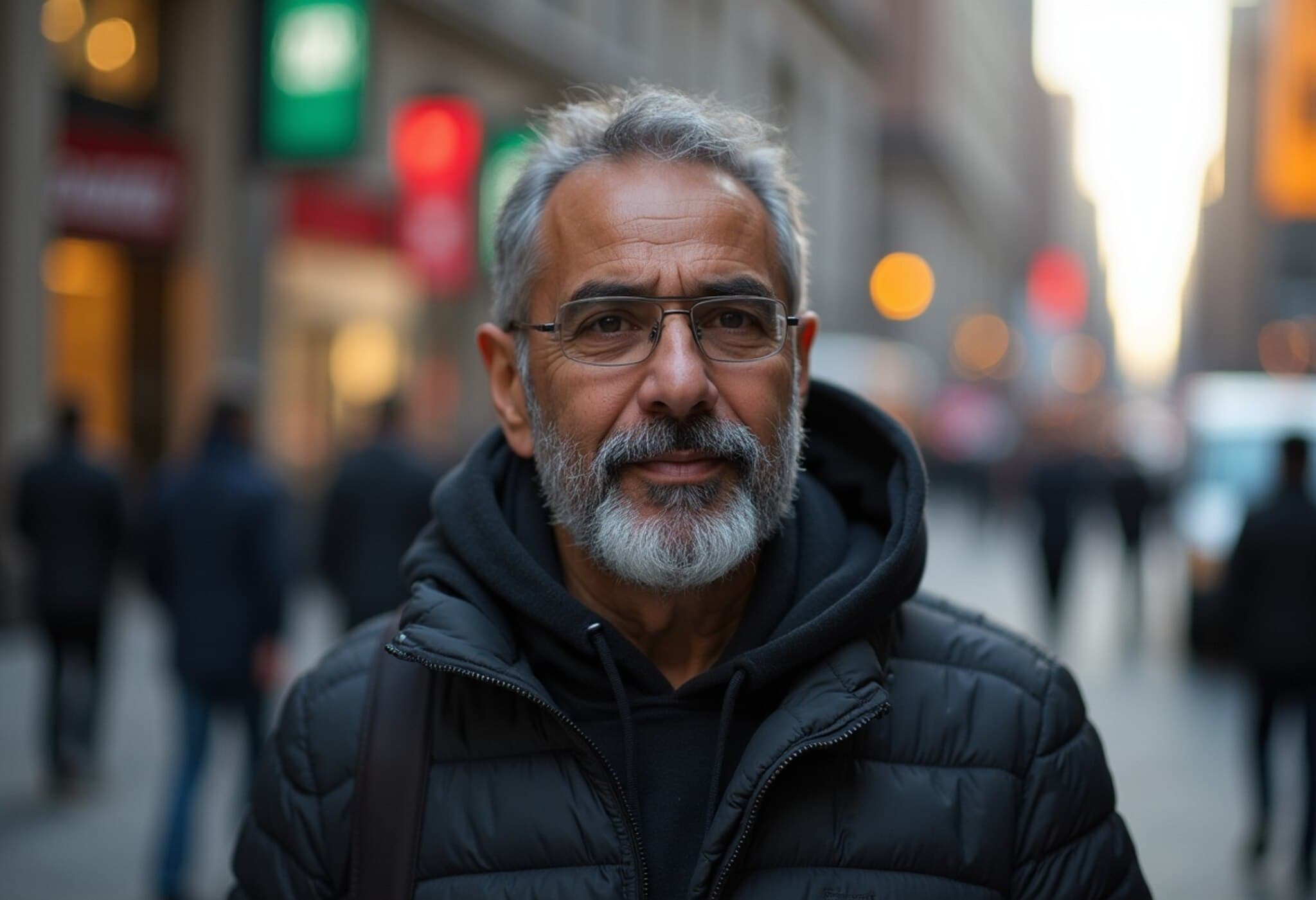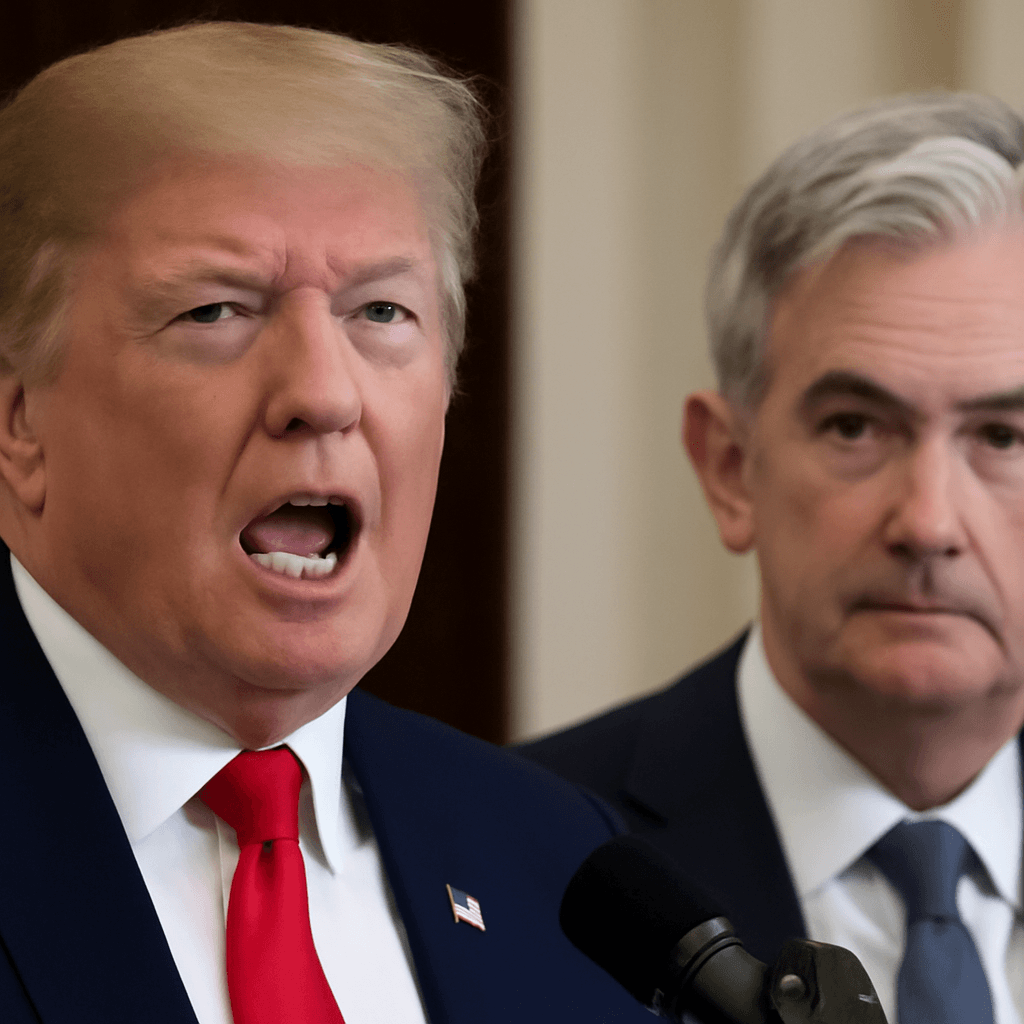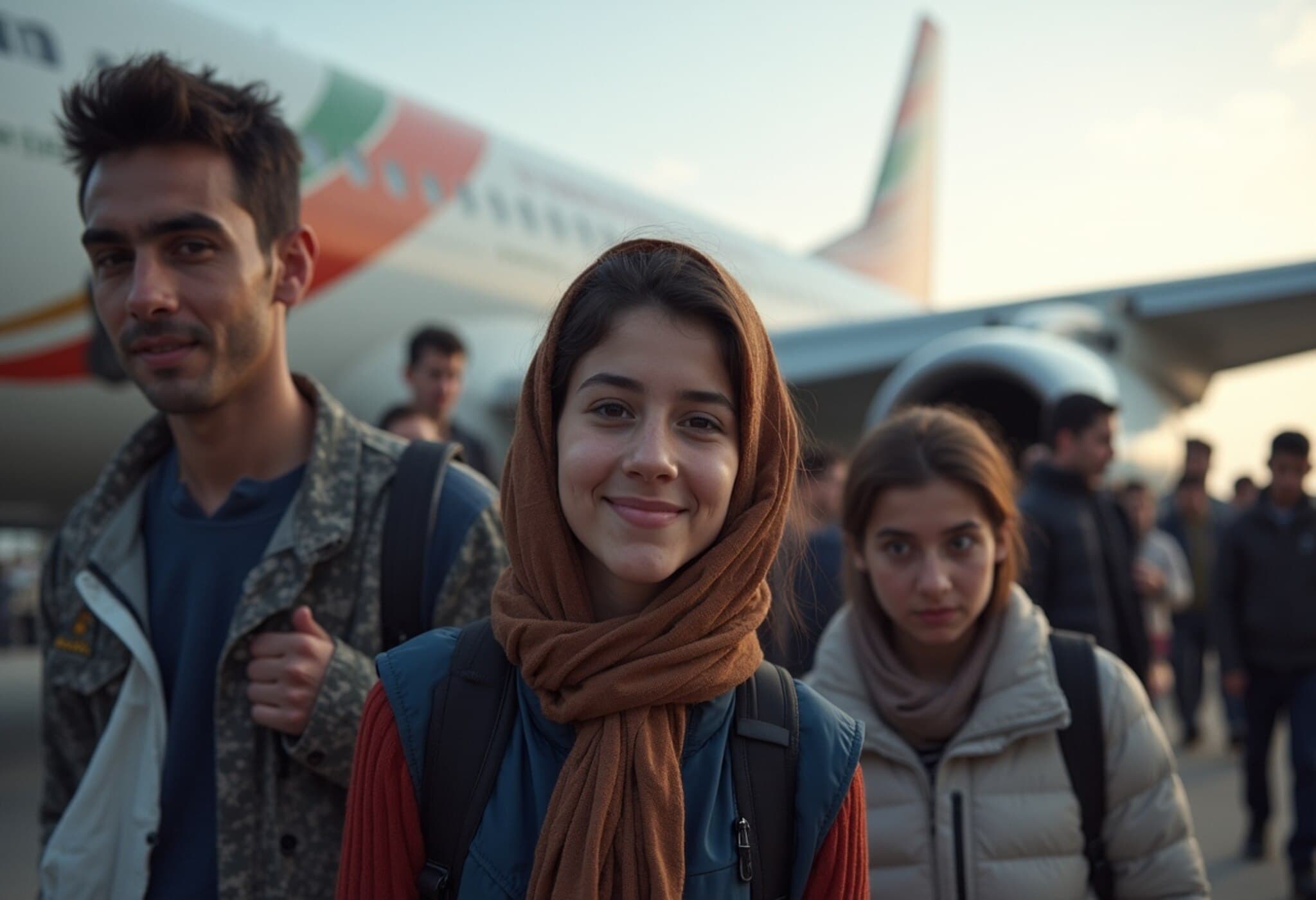Federal Judge Orders Immediate Release of Mahmoud Khalil
A federal judge in New Jersey has mandated the immediate release of Mahmoud Khalil, a Columbia University graduate and prominent pro-Palestinian activist, from immigration detention. This decision marks a significant win for civil rights advocates who argue that the previous administration unfairly targeted Khalil due to his political activism.
Background: Arrest Amid Rising Tensions
Khalil was arrested on March 8 by immigration officers in the lobby of his Manhattan residence. His detention followed a crackdown on foreign pro-Palestinian students across the U.S. since earlier this year. The Trump administration had branded these protests as antisemitic and vowed deportations for participating foreign students, placing Khalil at the forefront of this contentious policy.
Judge Farbiarz Highlights Constitutional Concerns
U.S. District Judge Michael Farbiarz reviewed arguments from Khalil’s attorneys and representatives from the Department of Homeland Security (DHS). In his ruling, the judge emphasized that the government failed to demonstrate Khalil posed any flight risk or public danger. Importantly, Farbiarz recognized the possibility that immigration charges were being wielded as retaliation for Khalil’s political speech, which he identified as unconstitutional.
“Punishing someone over a civil immigration matter violates constitutional protections,” Farbiarz declared from the bench.
A Pattern of Similar Cases
Khalil's case is part of a broader pattern involving several foreign nationals engaged in pro-Palestinian activism who were detained but later released by courts. Notable among them are Mohsen Mahdawi and Rumeysya Ozturk, who also faced detention linked to their activism.
Khalil’s Personal and Legal Situation
As a legal permanent resident, Khalil asserts that his detention infringes upon his First Amendment rights to free speech. Throughout his activism, he has consistently condemned antisemitism and racism. He is eager to reunite with his wife, Dr. Noor Abdalla, and their infant son, born during his 104 days in detention.
Dr. Abdalla expressed relief over the ruling, acknowledging the ongoing hardships caused by these actions: “While today’s decision brings our family back together, the injustices we have endured under this administration remain unaddressed.”
White House Response and Continuing Legal Battles
The White House swiftly condemned the court’s ruling, asserting that Khalil’s release was unwarranted due to allegations of activities opposing American foreign policy and visa fraud. A spokesperson emphasized that the New Jersey judge lacked jurisdiction over a detention facility in Louisiana and indicated intention to appeal the decision.
Meanwhile, immigration proceedings persist. A Louisiana immigration judge recently denied Khalil’s asylum claim and ruled he may face deportation on fraud-related grounds, refusing a bail hearing based on the federal judge’s release order.
Future Legal Challenges and Advocacy
Khalil and his legal team continue to challenge deportation attempts, including raising constitutional arguments against his detention. Judge Farbiarz has blocked any deportation while these matters are under judicial review.
Earlier rulings by Farbiarz questioned the government’s detainment practices, especially invoking a rarely used law that allows the State Department to order deportation if an individual’s presence is deemed harmful to U.S. foreign policy. The detention on visa-related charges remains a contentious point, with Khalil’s attorneys contesting those accusations as a pretext for punishment.
Looking Ahead
As this case unfolds, it highlights the complex intersection of immigration law, political activism, and constitutional rights. Khalil, now reunited with his family, faces an ongoing legal battle to defend his status and speech rights amidst a polarized political climate.
- 104 days: Length of Khalil’s detention before his release order.
- Pro-Palestinian protests: Activities that triggered multiple immigration detentions.
- Legal permanent resident: Khalil’s immigration status in the U.S.

